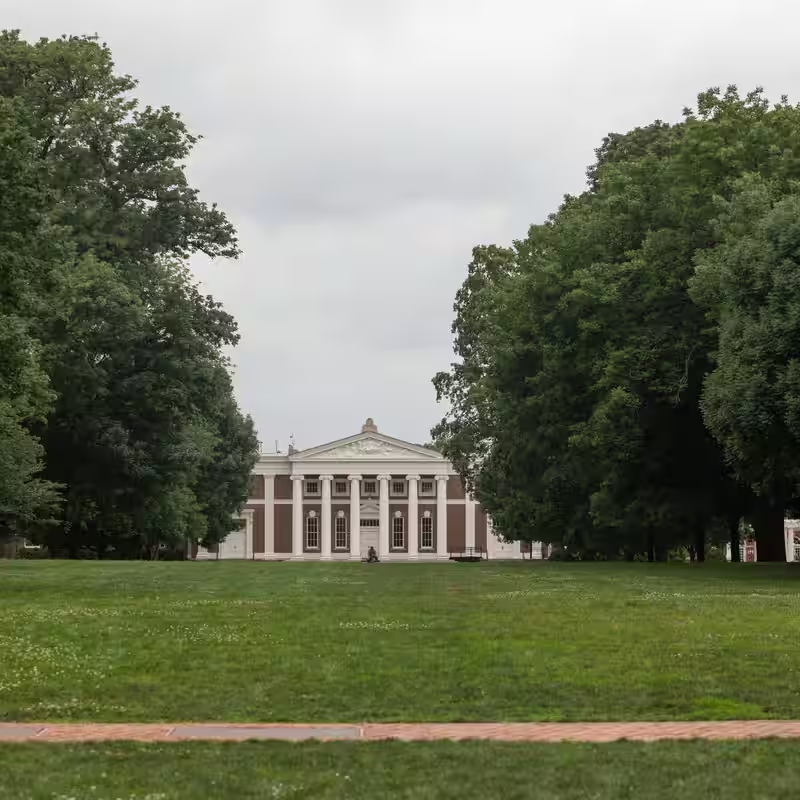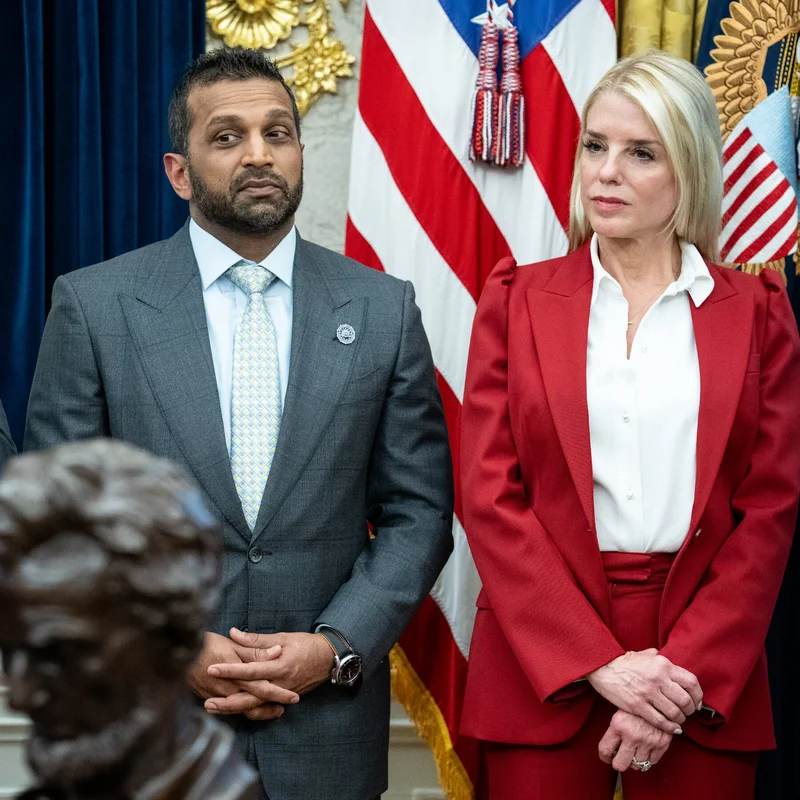The University of Virginia (UVA) has officially declined to join the Trump administration’s controversial Compact for Academic Excellence in Higher Education, becoming the fifth major university in under a week to rebuff the White House initiative—even as federal officials dangle preferential funding as an incentive and hint at consequences for noncompliance .
What Is the White House ‘Compact for Colleges’?
Unveiled earlier this month, the Compact is a federal proposal requiring participating universities to align their policies with specific administration priorities—ranging from curriculum standards to campus speech regulations—in exchange for priority consideration in federal grants and research funding . Critics argue the compact amounts to political overreach into academic independence, while supporters frame it as a necessary step to ensure taxpayer dollars support ‘patriotic education.’
UVA Joins Growing Coalition of Defiant Universities
On Friday, UVA Interim President Paul Mahoney announced the university’s formal rejection of the compact, citing concerns over institutional autonomy and academic freedom . The decision follows overwhelming opposition from UVA faculty, students, and staff, who held rallies and signed petitions urging leadership to say no .
UVA now joins an expanding list of elite institutions that have publicly refused to sign, including:
- Brown University
- Massachusetts Institute of Technology (MIT)
- University of Pennsylvania (UPenn)
- University of Southern California (USC)
“We reject the compact,” declared one UVA community member at a recent campus demonstration, echoing a sentiment shared across academic circles nationwide .
White House Response: Carrots and Sticks
The Trump administration has responded with a mix of incentives and veiled threats. Officials have suggested that non-participating schools may face reduced access to federal research dollars or be excluded from new grant programs . Yet this hardline stance appears to be backfiring, galvanizing resistance rather than compliance.
Why This Matters for Higher Education
The standoff between the federal government and leading universities raises fundamental questions about the separation of academic and political authority. At stake is not just funding—but the very principle of intellectual independence in American higher education.
Faculty governance bodies at UVA argued that signing the compact would compromise the university’s ability to pursue truth without political interference—a cornerstone of its Jeffersonian founding ethos .
What’s Next?
With more universities expected to announce their positions in the coming days, the compact has become a litmus test for institutional courage. Meanwhile, legal scholars are debating whether the White House has the authority to condition federal funding on ideological alignment—a potential constitutional flashpoint.




